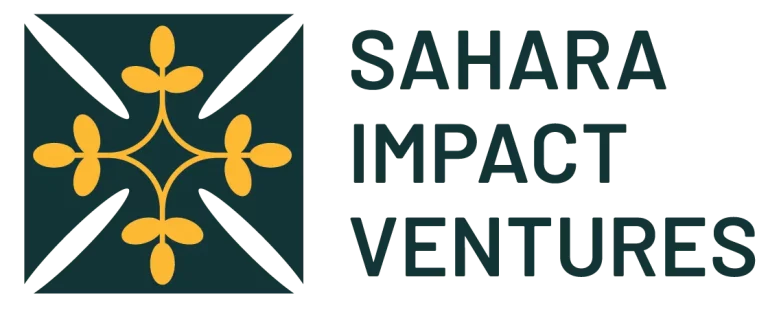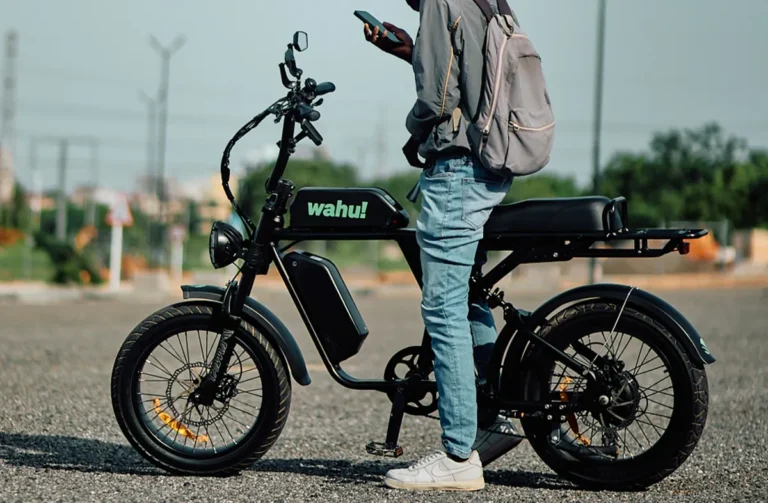Wahu Mobility, a Ghanaian startup that manufactures electric bikes, has entered a deal to sell carbon credits to Switzerland, marking the world’s second e-mobility transaction in a nascent market for offsets.
Wahu plans to roll out about 117,000 e-bikes to delivery riders over the next five years, and track emissions avoided by using vehicles that don’t consume petrol. The project seeks to cut 752,684 tons of CO2 equivalent by 2030, according to a document posted Wednesday on the website of Switzerland’s Federal Office for the Environment.
For context, Switzerland’s total 2023 emissions were equivalent to more than 30 million tons in 2023.

“This authorization marks a pivotal moment for Wahu Mobility and Africa’s e-mobility sector, accelerating a just transition and expanding equitable access to carbon finance,” Chief Executive Officer Valerie Labi said in an interview.
It took two years to get the project vetted by an external carbon-project validator and approved by the two countries, she said.
The reduced CO2 will be bundled into credits, and transferred to Switzerland. The deal marks one of the earliest bilateral agreements under Article 6 of the Paris Agreement to trade a type of carbon credit known as an internationally transferred mitigation outcome, or ITMO.
Major Buyer
Switzerland has been one of the most active buyers of ITMOs, having decided early on that it won’t be able to meet the climate targets outlined in its Nationally Determined Contributions without resorting to such offsets. The country has pledged to cut its emissions by at least 65% by 2035, compared with 1990s levels.
Most of these deals are being brokered by the Klik Foundation, which is funded by Swiss fuel importers to compensate for transport-sector emissions. Klik, which reached the agreement with Wahu, has been helping develop overseas mitigation projects to contribute to Switzerland’s climate targets.
The foundation is working on a dozen projects in Ghana, expected to draw investments of $1.1 billion, according to a report released in March by the country’s Carbon Market Office. Carbon revenues alone could reach up to $200 million in total, the foundation said.
The Wahu project is only the second out of the 12 to have secured approval from both countries. It will accelerate the energy transition “by bringing in technologies that wouldn’t have happened in the next five years,” Michael Abrokwaa, Klik’s general manager for Ghana, said in an interview before the authorization.
Read more: COP29 Agrees Carbon Deal as Market Integrity Remains a Question
Ghana has been positioning itself to host projects under the new Article 6 market, governed by the United Nations. In January, Ghana’s parliament established a carbon registry body to collect emissions data. And a new carbon market committee has been given the authority to approve projects.
The country plans to sell at least 24 million tons of CO2 equivalent of credits under Article 6. That amount would theoretically be large enough to offset all of Mumbai’s greenhouse gas emissions from buildings, transport and waste, according to a data from C40, a coalition focused on climate issues in large cities.
“As an early mover, you’re able to test the rules and share your experiences with others,” said Daniel Benefoh, the acting director of the climate-change unit of Ghana’s Environmental Protection Authority.
Having greenlit four deals so far, the government body is now focused on developing tools and deploying resources to ensure approved projects are implemented successfully, he said.
Aside from Ghana, Switzerland has also signed pacts with other nations including Senegal, Peru, Ukraine and Thailand, a step that could help unlock carbon finance in places where funding for a low-carbon transition has been scarce.
But a lack of standardization in the Article 6 carbon-credit market, designed to let countries to set their own rules for what counts as an acceptable credit, has also raised questions about integrity.

